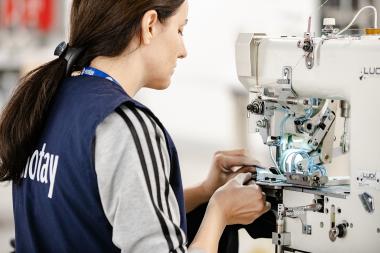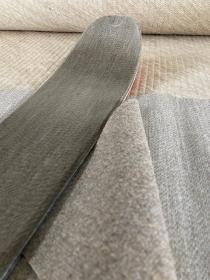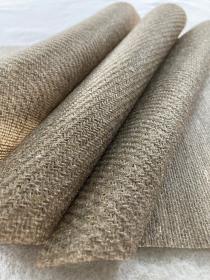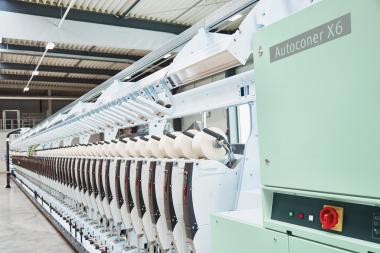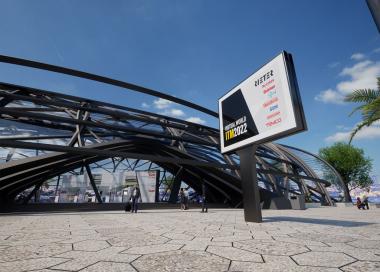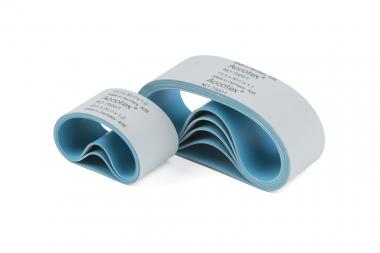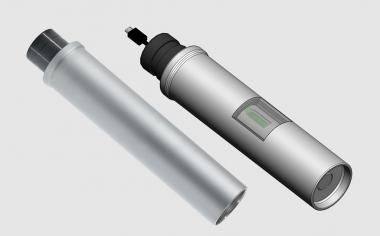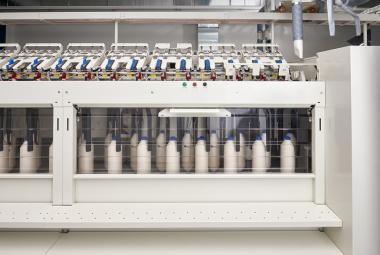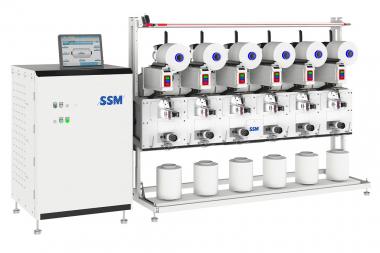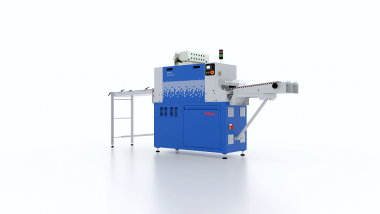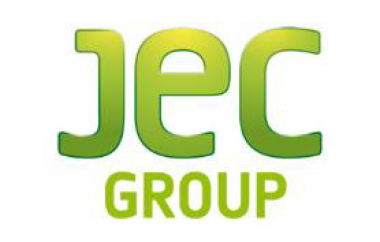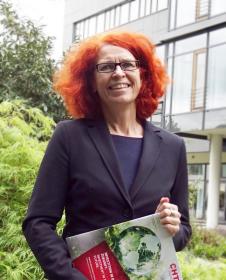BIG at EuroGeo7 with geotextile fibres & woven fabrics
Beaulieu International Group invites EuroGeo7 attendees to discover geotextile solutions promoting greater sustainability for future civil engineering projects. Specialists from Beaulieu Fibres International (BFI) and Beaulieu Technical Textiles (BTT) will present high-performance geosynthetics through high tenacity fibres for lightweight, nonwoven geotextiles, and a range of high durability woven geotextile solutions with an environmentally beneficial impact.
“We are delighted to sponsor EuroGeo7 and to be finally on-site, following a two-year postponement of the event. EuroGeo7 is bringing the geotextile community together to further promote and develop geosynthetics in a fast changing global economy striving for growth while reducing its carbon footprint along the supply chain, " comment from Jefrem Jennard, Sales Director Fibres, and Roy Kerckhove, Sales Director Technical Textiles. “Geotextiles provide highly versatile, durable and natural resource-saving alternatives in large infrastructure works, and offer durable protection in erosion control and waste/water management projects. We are continuously developing our fibres and finished engineering textiles with proven sustainability-enhancing benefits to progress product development and customer sustainability goals on fossil carbon reduction, while taking concrete steps to reduce our own environmental footprint.”
Sustainability improvement is key to the long-term strategy of Beaulieu International Group, and it is committed to supporting the geotextile industry by targeting and accelerating change and communicating the sustainable performance of its products. The UN Sustainable Development Goals are integrated into its business and are the foundations of the new Route 2030 Sustainability Roadmap.
For manufacturers of nonwoven geotextiles, BFI’s high-tenacity HT8 staple fibres enable customers to achieve nonwovens with high mechanical performance at reduced fibre weight. The HT8 high tenacity fibres are designed in a way that customers can meet the industry durability standards for a longer service lifetime, supporting more sustainable design and resource reduction over time. BTT’s woven geotextiles are amongst the most sustainable in the industry and provide a wide range of functions, including separation, filtration, reinforcement and erosion control.
BFI and BTT have conducted lifecycle assessments to calculate their activities' carbon footprint and solutions and have received external recognition for their ongoing sustainability efforts. For example, in 2022, BFI was awarded a Silver EcoVadis sustainability rating, and BFI and BTT are proud recipients of the Voka Charter for Sustainable Entrepreneurship 2022.
Beaulieu International Group














